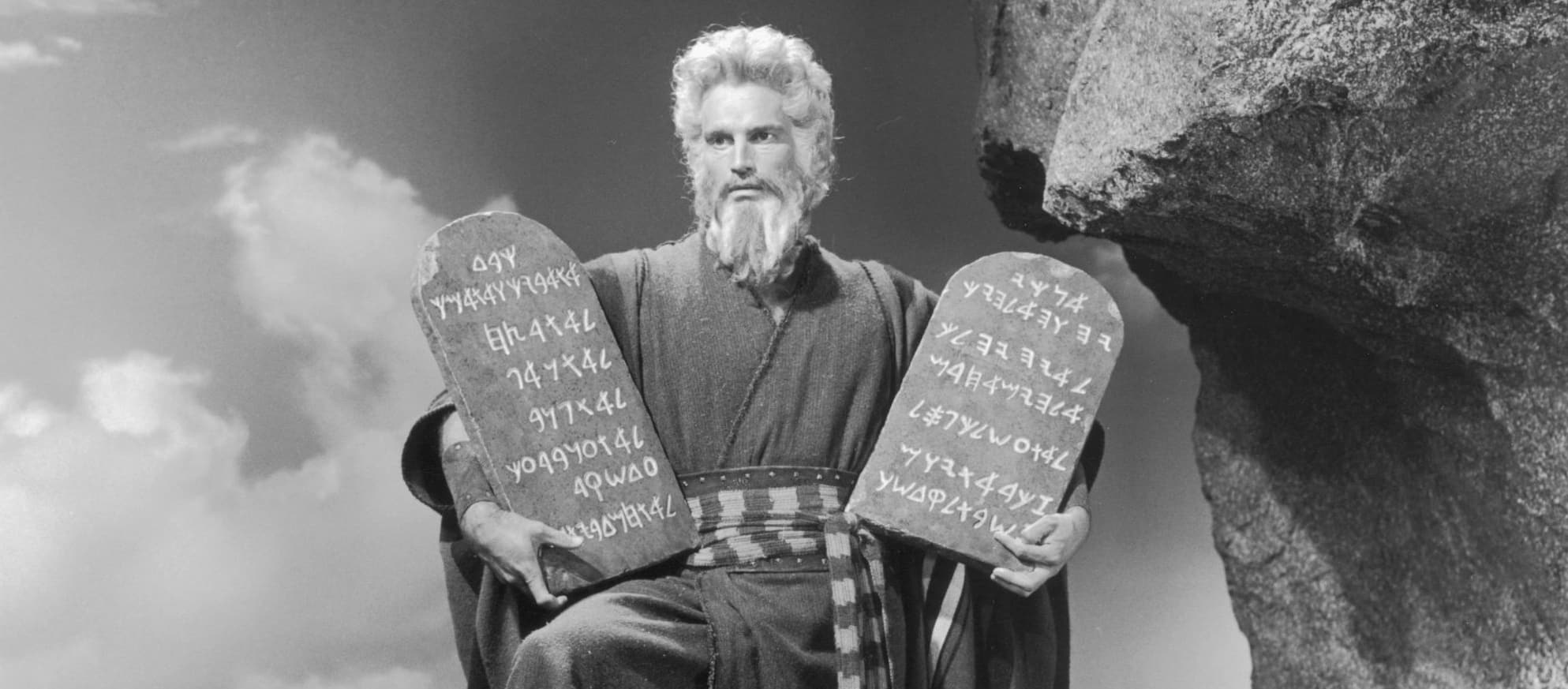Everyone loves a good biography. Something about reading of the trials and triumphs of others captures our imagination. Biographical lectures on the Protestant Reformers have challenged and deepened my faith tremendously. Indeed, I discovered several biographies on William Tyndale, the first person to translate the NT into English from the Greek manuscripts. I was so impressed with his heroic life, I made my second son’s middle name, Tyndale. Biographies are a great source of spiritual edification. Before we leave the topic of the relative emphasis of the biblical author, though, I should mention one other danger: biographical sermons.
Biographical Preaching
Biographical preaching is lifting an individual from Holy Scripture and constructing a sermon from that individual’s life experience. Sidney Greidanus is one of the few who has stopped to consider the implications this might have on the doctrine of the sufficiency of Scripture. His work in this area is exceptional.[1]
The Danger of Biographical Preaching
The danger of biographical sermons is they typically “are in essence anthropocentric” (i.e., man-centered).[2] He explains:
The sola Scriptura, so ardently confessed in theory, barely functions in the practice of exemplary preaching: one hardly needs the Bible for exemplary sermons. Ironically, the exemplary preacher, earnestly toiling to portray the man in the text in his personal struggles, therewith the better to draw a line to the man in the pew, could, methodologically, have saved himself the trouble and sketched merely the man in the pew, for, motivated by the search for analogy (relevance), he loses precisely that distinctiveness which occasioned the appearance in the Bible of man in the text.[3]
Sidney Greidanus, Sola Scriptura
Biographical sermons, while true, typically don’t reflect the biblical author’s single truth-intention. This has implications on the sufficiency of Scripture. Almost no one wants to talk about this.
Greidanus suggests exegetes (preachers or teachers) who desire to be Christocentric in their preaching end up with a Bible character as central.[4] He also argues biographical sermons misjudge the historical text by severing a character from his redemptive-historical place in Scripture. In so doing, they “dishonor” (Greidanus’ word) Scripture. He makes this observation:
Biographical preaching is anthropocentric, however, and if one wants to preach on the lives of men, Scripture, in effect, is optional.[5]
The biographical character is extracted from the total context of redemptive history through fragmentary interpretation (i.e., the shattering of redemptive history into smaller, individual histories), thereby leaving only (1) the character and (2) an unhistorical text. When the biblical character is left all by himself in a non-historical genre, the authority of Scripture recedes. Greidanus correctly concludes: At that point, Abraham’s virtues (or vices) may just as well be preached from the Koran as the Bible.[6]
Biographical sermons, while true, typically don’t reflect the biblical author’s single truth-intention. This has implications on the sufficiency of Scripture.
Almost no one wants to talk about this.
A Closing Thought
Again, we agree with Greidanus’ conclusion, but for a different reason. The crux of the issue is not the disconnection of the text from redemptive history. Rather, the issue is the disconnection of the text from the author’s intent. The critical question is: Did the author intend for the preaching text to be interpreted biographically? If not, then why do it?
The critical question is:
Did the author intend for the preaching text to be interpreted biographically? If not, then why do it?
We suggest: Any answer to the latter question emanates from a man-centered desire (even if well-intended). That biographical sermon likely represents a denial of the sufficiency of Scripture (which is why almost no one wants to talk about this). Most of us have preached a biographical sermon or two (or more!). We all know God can take even an imperfect methodology and use it for good. In the future, though, it is worth stopping to consider, “What implications does this methodology have on the sufficiency of Scripture? Am I setting a precedent that takes a small step away from the biblical author’s single meaning? If the biblical author didn’t intend this pericope as a biography, am I comfortable departing from his intent?” These hard questions are worth exploring.
[1]See his book, Sola Scriptura.
[2]Greidanus, Sola Scriptura, 66-67.
[3]Ibid., 70.
[4]Ibid., 67.
[5]Ibid., 69.
[6]Ibid., 69.




